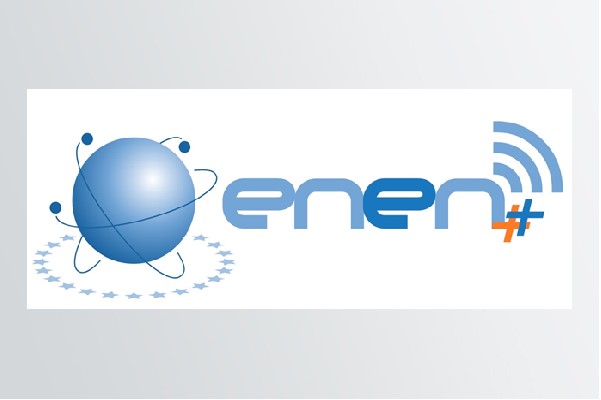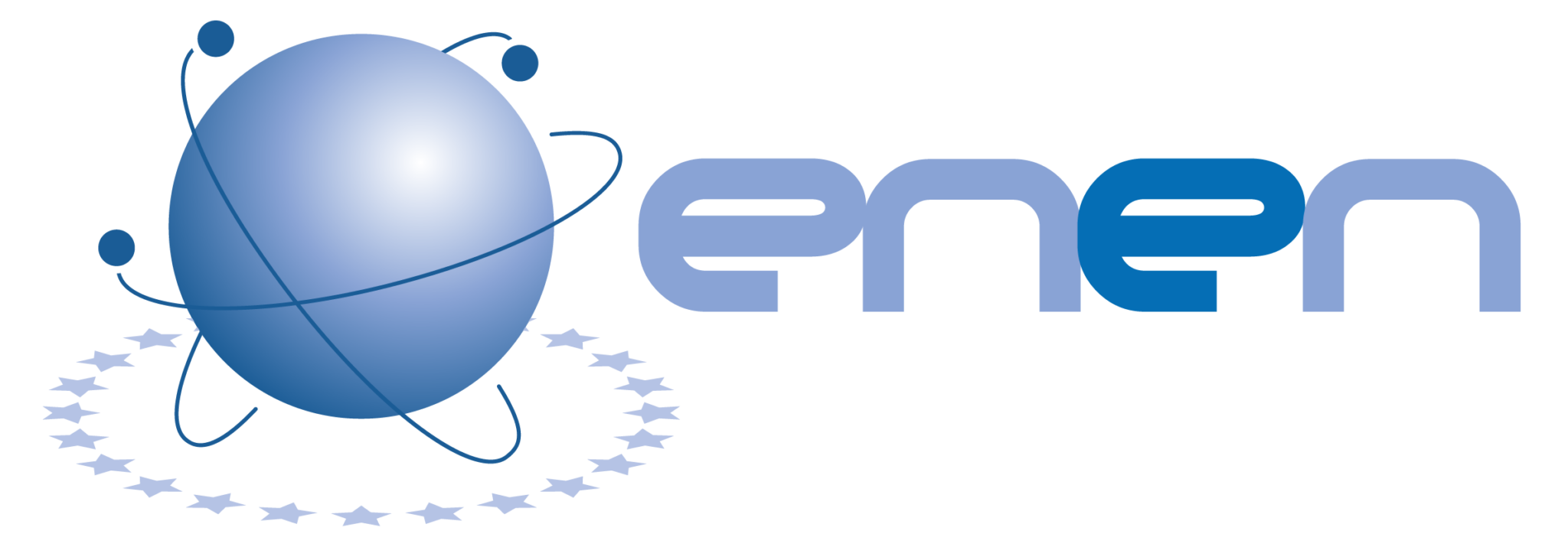GHENT UNIVERSITY
(UG, GHENT, BELGIUM)
The Ghent University (UG) was founded in 1817 as Rijksuniversiteit Gent, and renamed Universiteit Gent in 1991. It is the Alma Mater of eminent scientists: Joseph Plateau, Leo Baekeland, Corneel Heymans.
It is, with about 29 000 students, 11 faculties, 6400 staff members of which 912 professors, one of the largest universities in Flandern and in Belgium.
The UGent delivers around 6000 bachelors and masters diplomas each year.
The Association Universiteit Gent comprises a number of Hogescholen, which brings the number of students to about 55 000 students, making Gent the city in Flanders with the largest student population.
Courses on nuclear subjects can be followed in the engineering and the science faculty. Several professors of UGent teach courses at the Master na Master Programme in Nuclear Engineering BNEN.
Website: http://www.ugent.be/
BNEN – Belgian Nuclear higher Education Network
In a country where a substantial part of the electricity generation will remain of nuclear origin for a number of years, there is a need for well educated and well trained engineers in this area. Public authorities, regulators and industry brought their support to this initiative. In 2001, the Belgian Nuclear Research Centre SCK•CEN and five Belgian universities signed a consortium agreement to set up an education programme in nuclear engineering. In the academic year 2006-2007, a sixth university, ULB, joined the programme. The universities involved are now: KUL (Leuven), UG (Ghent), VUB (Brussels), UCL (Louvain-la-neuve), ULg (Liège) and ULB (Brussels). These seven partners have engaged themselves to provide students and young-professionals with a high-standard nuclear engineering programme.
The BNEN academic programme is a one-year (60 ECTS) Master-after-Master programme open for holders of a Master degree in engineering. For students not fully satisfying this requirement, special entrance considerations apply. The programme consists of ten courses to be followed mandatory (41 ECTS), the opportunity to select a number of advanced courses at will (up to 4 ECTS worth) and a Master thesis (15 ECTS). The subjects of the courses range form nuclear physics, nuclear reactor theory, nuclear thermohydraulics to reactor plant operation and control, radiation protection and safeguards and nuclear materials. It also includes courses on nuclear energy and the nuclear fuel cycle. For a complete list of all courses, see http://www.sckcen.be/bnen/courses_shares.html. All courses are given in a modular fashion, i.e. the students get a course in the duration of one up to three weeks of continuous lectures and lab sessions. Attention is indeed paid to the fact that most courses are not only theoretical ones, but many of them have exercise sessions and laboratory sessions associated with them. These sessions are organised and thought by the scientific staff at SCK•CEN.
Both full-time students and young-professionals are enrolled in the BNEN programme. The latter usually take on a subject of their day-to-day job to study for their Master thesis while the full-time students typically take a research subject at SCK•CEN. These subjects cover all possible domains related to nuclear engineering.
The advanced courses either deepen or broaden a subject touched in the regular courses. BNEN itself organises each year a number of these advanced courses for which we invite specialists in a certain field. Some of the courses that were organised are “Severe accidents” (CEA), “Decommission of nuclear facilities” (SCK•CEN), “Underlying R&D for the disposal of radioactive waste” (SCK•CEN) and “Production of radioisotopes” (IRE). All these courses are open for attendance by not only BNEN students, but also ENEN students and (young-)professionals.
Website: http://www.sckcen.be/bnen
Partners: KULeuven, UGent, VUBrussel, UCLouvain, ULiège, ULBruxelles, SCK•CEN
Official language: English
President of the consortium: Prof. Dr. Ir. Jacqueline Lecomte-Beckers,ULiège (2006-2007, 2007-2008)


